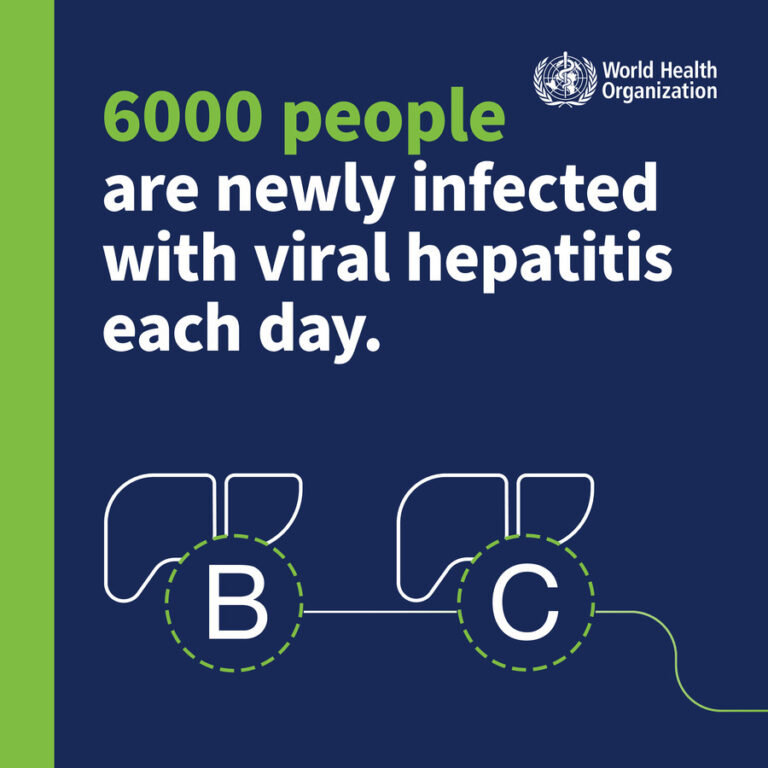IARC and Egypt celebrate progress in hepatitis C elimination and liver cancer prevention
Egypt achieves “gold tier” status in hepatitis C elimination

Liver Cancer Prevention
At a joint event in Cairo, IARC recognized Egypt’s exceptional progress in eliminating hepatitis C, becoming the first country to achieve WHO’s “gold tier” status. This represents a major milestone in liver cancer prevention, particularly hepatocellular carcinoma. The event emphasized the importance of integrated health systems, widespread screening programs, and the use of scientific evidence as the foundation for effective cancer prevention policies.
Hepatitis C
Hepatitis C virus is one of the five main strains of hepatitis virus, referred to as types A, B, C, D, and E. Three of these strains – types B, C, and, most recently, D – have been classified as carcinogenic to humans (Group 1) by the IARC Monographs programme. Chronic infection with viral hepatitis causes 1.3 million deaths every year even though most cases of hepatitis are preventable, treatable, and, in the case of hepatitis C, curable.
#EuCanScreen #CancerScreening #HealthCare #CancerPrevention #LungCancer #HepatitisC #IARC
🔗 Please don’t forget to Subscribe to EuCanScreen Newsletter! 💪
Subscribe to our newsletter to get news and updates.
Subscribe to our newsletter to get news and updates.

The general objective of EUCanScreen is to assure sustainable implementation of high-quality screening for breast, cervical and colorectal cancers, as well as implementation of the recently recommended screening programs – for lung, prostate and gastric cancers. EUCanScreen will facilitate the reduction of cancer burden and achieving equity across the EU.
This project has received funding from the European Union’s EU4HEALTH Programme under the Grant Agreement no 101162959











